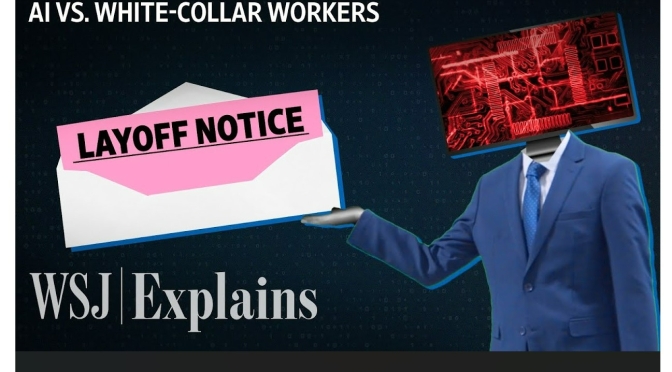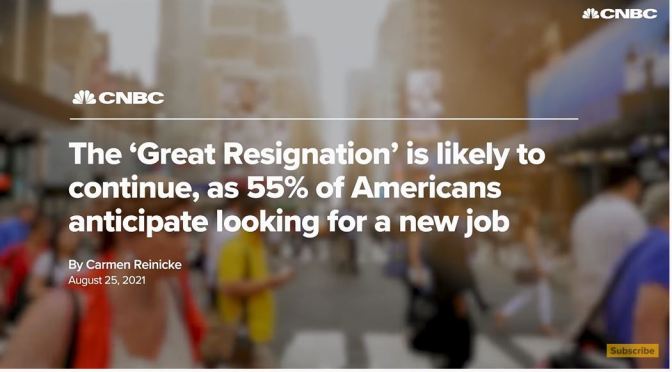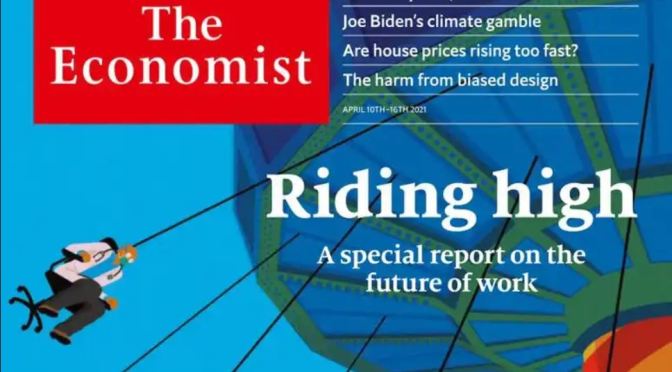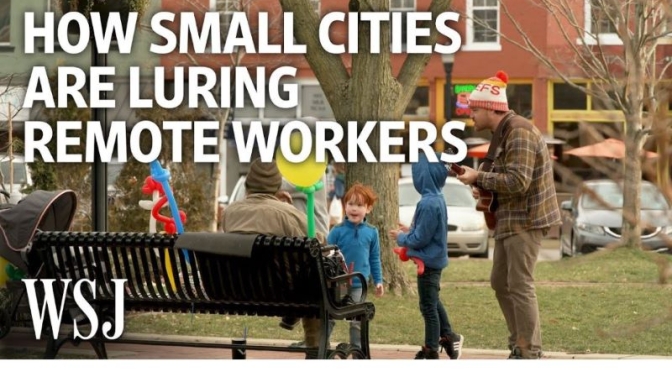Wall Street Journal (July 3, 2023) – Artificial intelligence doesn’t just make fantastical images. For white-collar workers, generative AI like ChatGPT can make jobs easier by creating drafts of documents or presentations.
Video timeline: 0:00 AI software 0:42 Why white-collar jobs? 2:01 AI and job cuts 3:52 What’s next?
Initial images, video and product designs could be taken over by machine learning tech. In fact, one report says nearly 4,000 workers lost their jobs in May to AI. Dropbox cut 16% of its workforce in part to invest more in the tech, while IBM sees a future where 30% of clerical work could be taken over by AI.
WSJ explains why AI may take some white-collar jobs – but also add new ones.










 The sleep industry caters to a working consumer’s wish to sleep less, yet sleep more productively, and accommodates transnational industry which has joined the state as a custodian of biopolitics. Jonathan Crary’s 24/7 spells out in detail how the state and a capitalist economy are encroaching stupendously on the private sphere, in which sleep was one of the last vestiges of unfettered time.
The sleep industry caters to a working consumer’s wish to sleep less, yet sleep more productively, and accommodates transnational industry which has joined the state as a custodian of biopolitics. Jonathan Crary’s 24/7 spells out in detail how the state and a capitalist economy are encroaching stupendously on the private sphere, in which sleep was one of the last vestiges of unfettered time.